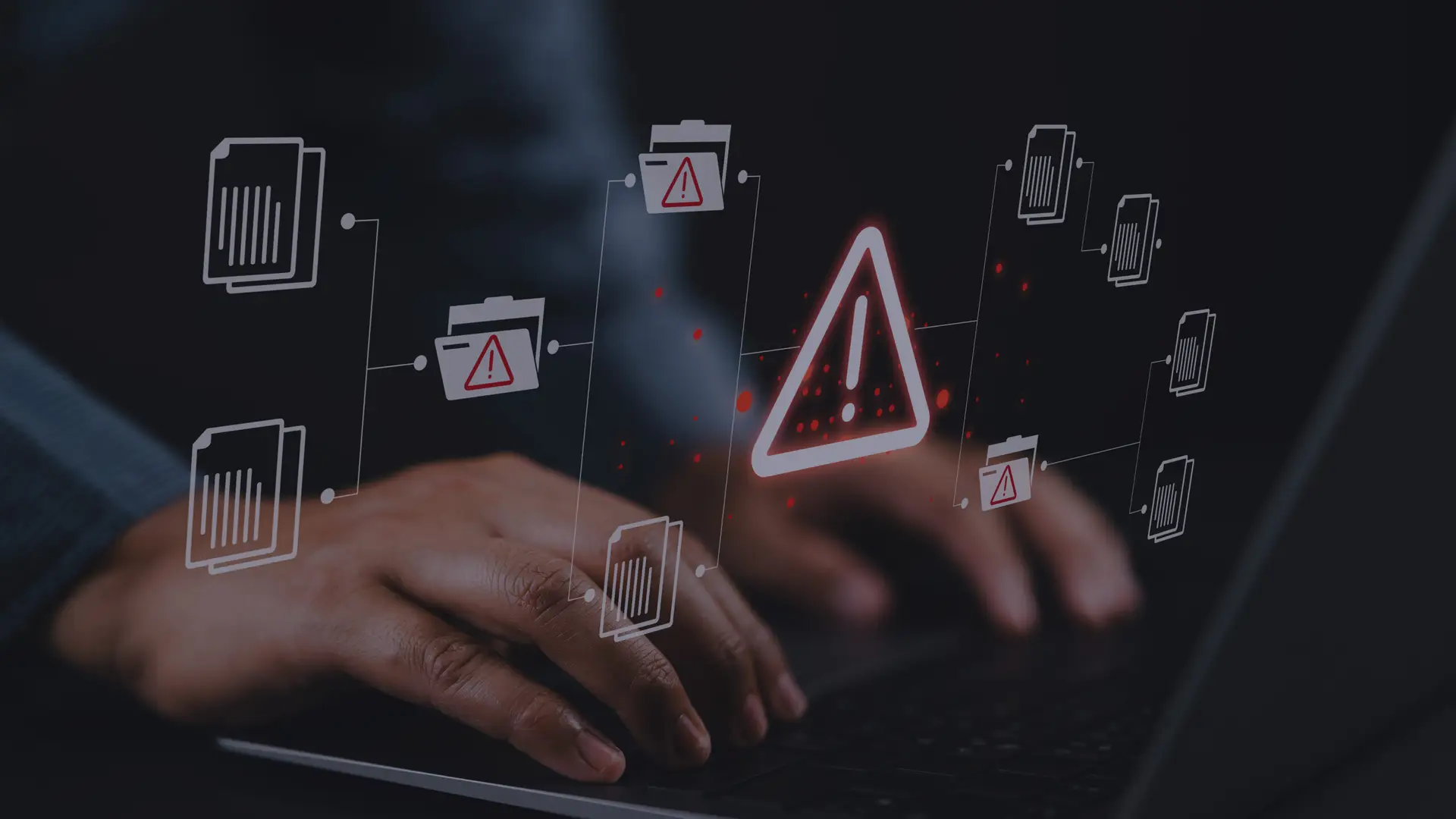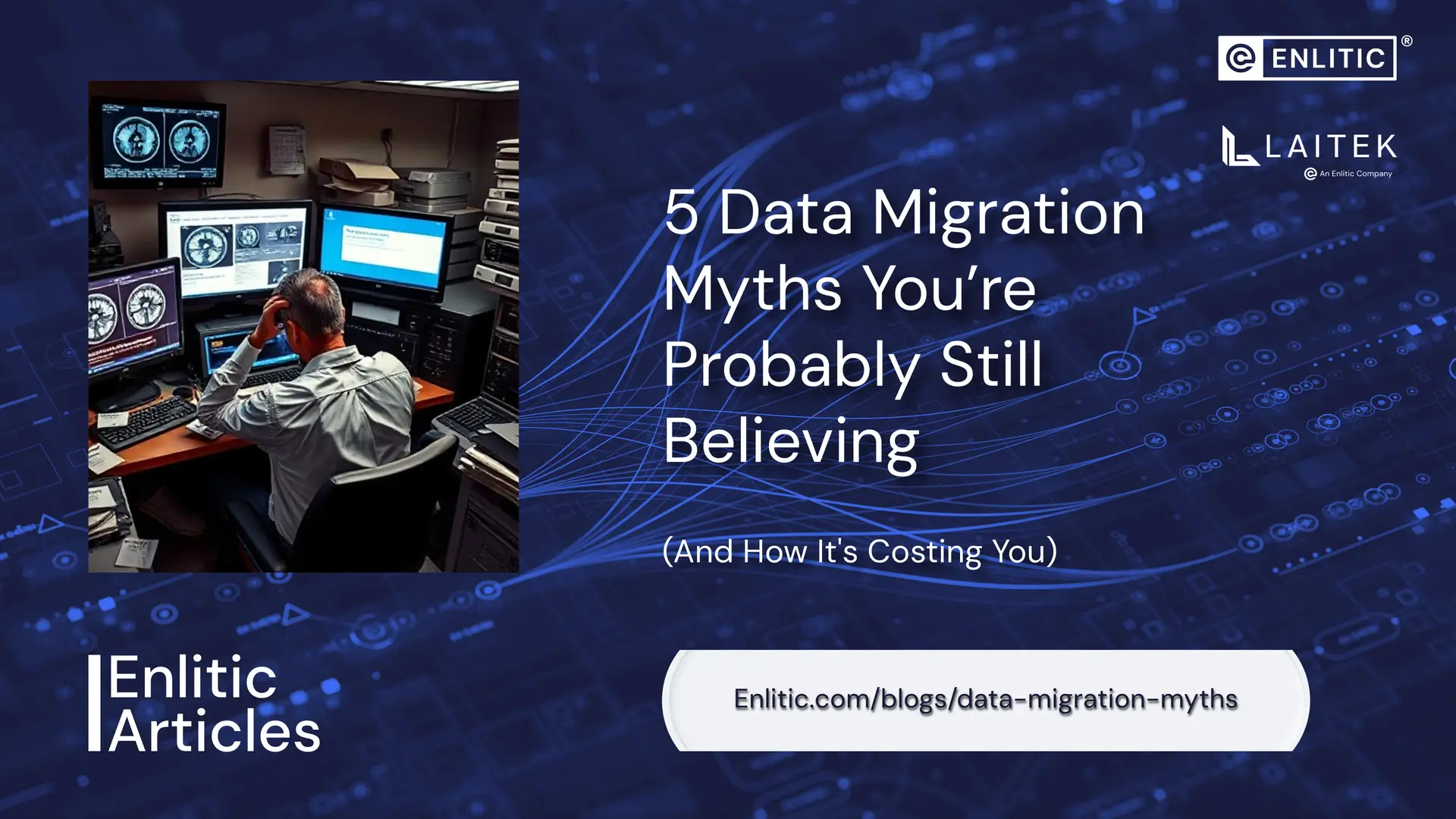Healthcare organizations across the world are working with poor data. In fact, while high-quality data is a top strategic priority, most (80%) don’t fully trust their data. ¹ There are many data sources within the patient care journey and medical imaging plays a pivotal role in diagnosing and treating various medical conditions. The power of advanced imaging technologies cannot be overstated, but despite their potential, many healthcare enterprises are grappling with a pressing issue – inconsistent imaging data. Below is a quick dive into the challenges faced by healthcare systems at the enterprise level and an exploration of solutions that will revolutionize patient care.
The Challenges of Poor Imaging Data
At the heart of any effective healthcare system lies reliable and high-quality medical imaging data. However, the reality for many healthcare enterprises is quite different. Unreliable medical imaging data can lead to a myriad of challenges:
Misdiagnoses and Delayed Treatments: Inaccurate or incomplete imaging data can result in misinterpretations, leading to incorrect diagnoses and delayed treatments. This can have severe consequences for patients and undermine trust in the healthcare system.
Limited Data Interoperability: Healthcare enterprises often face the challenge of integrating medical imaging data across various departments and systems. Lack of interoperability hampers seamless data sharing and collaboration, hindering timely decision-making.
Storage and Retrieval Complexity: The sheer volume of medical images generated daily can overwhelm traditional storage systems, making accessibility cumbersome and time-consuming.
Impact on Research and Innovation: Poor imaging data impedes medical research and innovation. Costs of correcting or completing data are high and the timeline for development of new treatment methods and medical breakthroughs can be long.
Financial Impact and Lost Revenue: When contrast is administered but not properly recorded in the metadata, it can lead to billing inaccuracies and claim denials. The absence of crucial data can result in lost revenue and missed opportunities for billing.
Embracing Cutting-Edge Solutions
The journey to tackle the problems of this unreliable medical imaging data begins with adopting innovative solutions that empower healthcare enterprises to provide the highest standard of patient care.
Enterprise Imaging Solutions: A comprehensive enterprise imaging solution consolidates medical imaging data from various sources and departments into a unified system. This streamlines data accessibility and facilitates collaboration among healthcare professionals.
Artificial Intelligence (AI) Integration: AI-powered medical imaging solutions can standardize DICOM data, enhance image quality, automate image analysis, and support radiologists in making accurate diagnoses.
Cloud-Based Infrastructure: Transitioning to cloud-based medical imaging storage offers scalable, secure, and cost-effective solutions. Cloud storage ensures easy data retrieval and enables real-time access from any location, empowering telemedicine, and remote consultations.
Data Interoperability Standards: Healthcare systems must embrace industry standards for data interoperability, such as DICOM and FHIR. Better yet, organizations can adopt a data management strategy enabled by AI to ensure data is complete, accurate, and can be integrated with other healthcare IT systems.
Advancing Patient-Centric Care
Overcoming the challenges of poor medical imaging data is not just about technological advancements. It’s about enhancing patient-centric care and optimizing healthcare outcomes.
Timely Diagnoses and Treatments: By ensuring high-quality imaging data and efficient data sharing, medical professionals can make accurate diagnoses and implement timely treatments, improving patient outcomes.
Empowering Collaborative Care: Interconnected medical imaging systems foster collaborative care environments, enabling multidisciplinary teams to work together, share insights, and make well-informed decisions.
Supporting Research and Innovation: Access to a vast pool of high-quality medical imaging data encourages medical research and fosters innovation, paving the way for breakthrough treatments and advancements in medical technology.
The future of healthcare rests on the foundation of reliable and high-quality imaging data. By embracing cutting-edge technologies, promoting data interoperability, and prioritizing patient-centric care, healthcare enterprises can overcome the challenges of poor medical imaging data at the enterprise level. Together, let’s unlock the full potential of medical imaging and embark on a journey towards a healthier and brighter future for all.
Join us today in our mission to intelligently manage medical imaging data to expand capacity, improve clinical workflows, create a foundation for a real-world evidence medical image database, and improve patient care. Contact us at https://enlitic.com/contact/ to discover how our innovative technologies can empower your healthcare enterprise and transform the way you deliver healthcare.
Sources:








